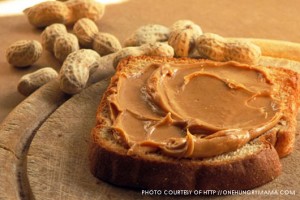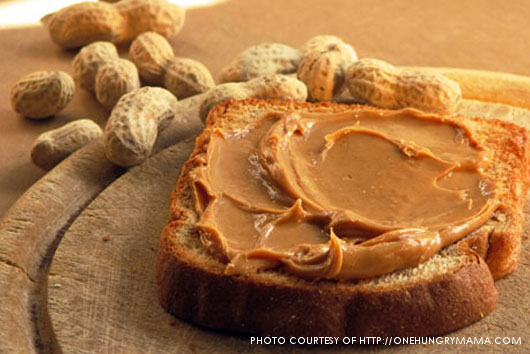
A school nut ban creates controversy after a student’s peanut butter and jelly sandwich was confiscated in a Viola County, Arkansas elementary school. Issues stem from parents’ reactions to Viola’s allergy conscious policies, which protects those with a severe reaction to peanuts.
Should Leesville consider adopting a similar policy to protect students with allergies? Is it ethical to outright ban nuts, for those with an allergy or a violation of rights for those without?
Brittany Bunzey, sophomore and peanut allergy sufferer, said, “I think it [the ban] can be a good thing. Some people are so allergic that they automatically have an anaphylactic reaction from the smell of peanuts, but I think that it can also limit the people that bring peanut butter and jelly sandwiches to lunch. I think it’s a good and bad thing.”
Señor Ross, Leesville Spanish teacher, has a student whose peanut allergy is so severe that if someone touched her arm with peanut butter, she would go into anaphylactic shock. He does not allow anyone to eat peanut products in his classes for her safety.
Like Bunzey, he feels there would be benefit in assisting other students with severe reactions that require epipens, but understands why people would be frustrated with restricting a student’s food choice in school.
Most parents of children with nut allergies do not want to risk the safety of their child over a sandwich, but many without a nut allergy do not want to change their child’s eating habits for those with a nut intolerant.
Scarily, numbers indicate kids with a nut allergy are on the rise. According to the Centers of Disease Control, reported food allergies have risen 18% among children under 18 from 1997 to 2007. Today, this statistic is increasing, so it is understandable that school-wide peanut bans have multiplied, but the debate remains.
Tony Chow, Leesville junior said, “I bring one [peanut butter and jelly sandwich] to school everyday. I don’t think the school should ban it, it’s my choice.” Like Chow, those opposed to a nut ban want the ability to choose their food for school.
Unlike the Viola County incident, Leesville has mature high school students that should take more responsibility for themselves, regardless of an allergy or not.
Banning nut products is more practical for kids at an elementary school, who lack the foresight to know the potential dangers of sharing a peanut butter sandwich to certain classmates. LRHS students on the other hand, are young adults that should learn enough discretion to peacefully coexist, with or without the implementation of a peanut ban.
Chow, Ross and Bunzey’s different perspectives on banning nuts reflect the varying views in Wake County based on individual student safety or food preference. The possibility of a peanut ban for Leesville remains unknown, but ban opposition and supporters alike remain firm in their stances.
